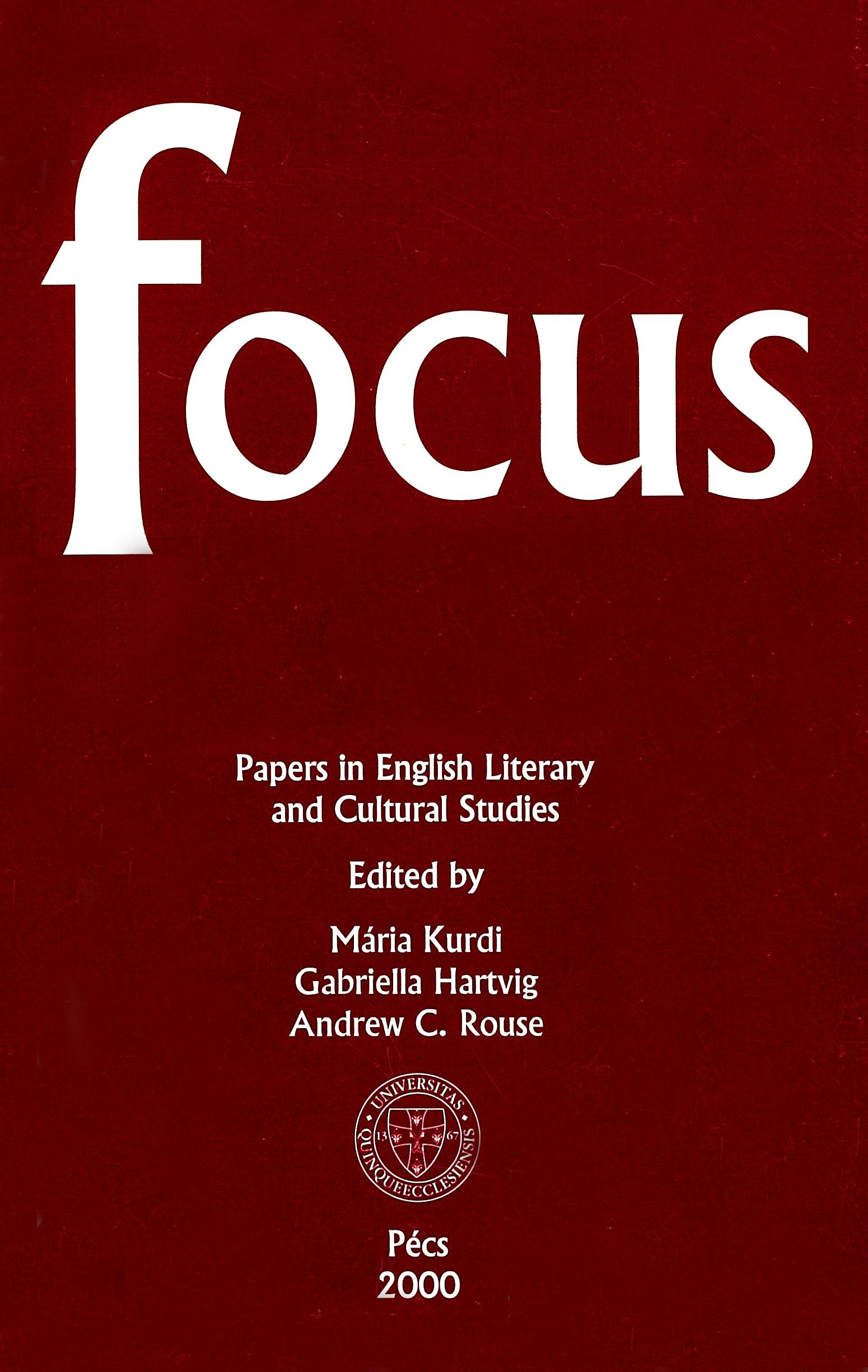Acculturation in Exile: Ideological Constructs of Migration in Julie Dash’s Film Daughters of the Dust
Abstract
Controversies of the American Experience have provoked the imaginations of scholars both inside and outside the United States for more than two centuries. The intricacy of American democracy was already perceived by early witnesses to American ironies, among them J. Hector St. John de Crévecoeur, Alexis de Tocqueville and Max Weber. Their observations concluded that democracy is complex and often intangible. This may have been the result of intricate social processes of migration and its ideological constructs such as exile, acculturation, and assimilationthat not only gave birth to but continue to form and reform American society even in our own
day. The terms are widely discussed and understood from entirely different aspects, however, the dynamic nature of the processes is a basis for consent. The present paper intends to show the complex relationship of these concepts as well as to interpret Julie Dashs film Daughters of the Dust from the perspective of migration and its ideological constructs.
Downloads
Published
How to Cite
Issue
Section
License

This work is licensed under a Creative Commons Attribution-NonCommercial-NoDerivatives 4.0 International License.
FOCUS: Papers in English Literary and Cultural Studies follows the principles laid down by Creative Commons, which provides guarantees for the Author’s copyright while also ensuring that intellectual properties are made available for the wider public in a digital form. All papers submitted to the journal apply the following licence conditions (indicated on the journal’s website as well as in individual publications):
“© This work is licensed under a Creative Commons Attribution-NonCommercial-NoDerivatives 4.0 International License.”
You are free to:
- Share, copy and redistribute the material included in the journal in any medium or format under the following terms:
- Attribution — You must give appropriate credit to the Author, and indicate the original place of publication [FOCUS: Papers in English Literary and Cultural Studies, Issue nr., page numbers.].
- NonCommercial — You may not use the material for commercial purposes.
- NoDerivatives — You are not allowed to remix, transform, or build upon the material.
- The above conditions must always be indicated if the journal material is distributed in any form.
- The above conditions must always be met, unless a written permission signed by the Author and the Editor-in-Chief states otherwise.

